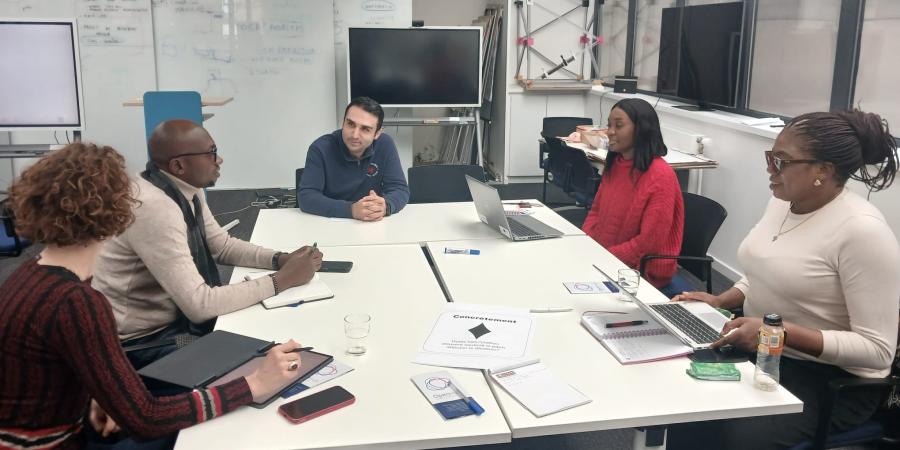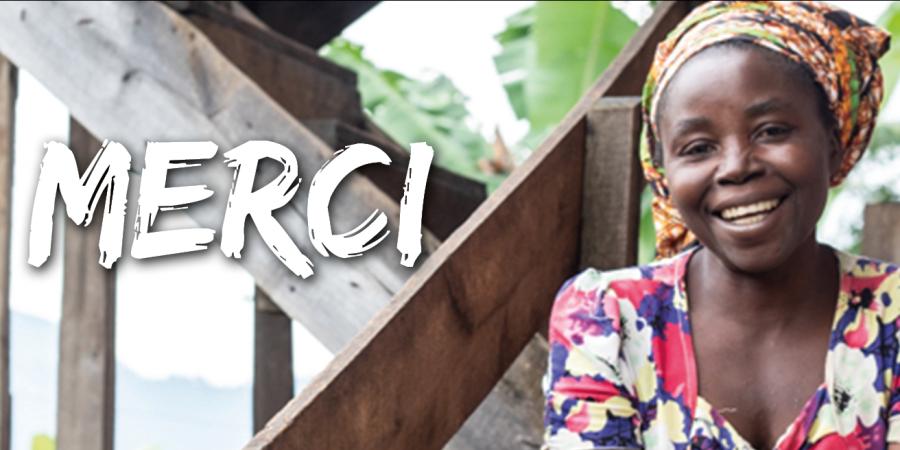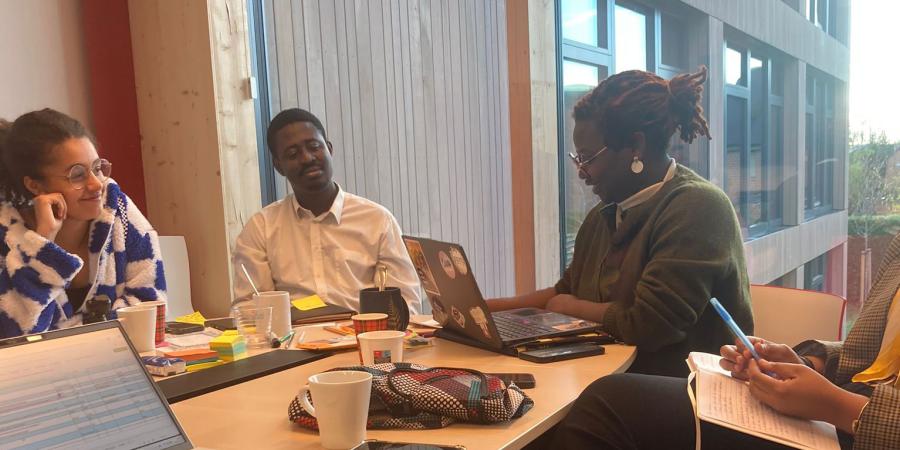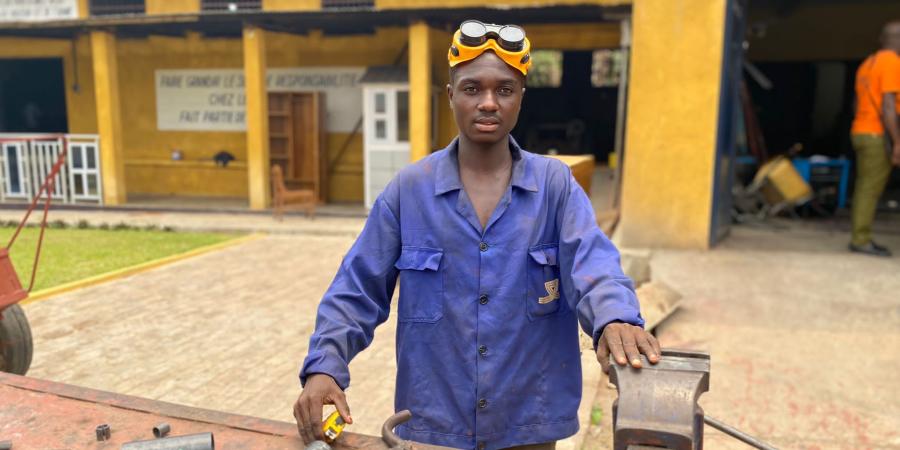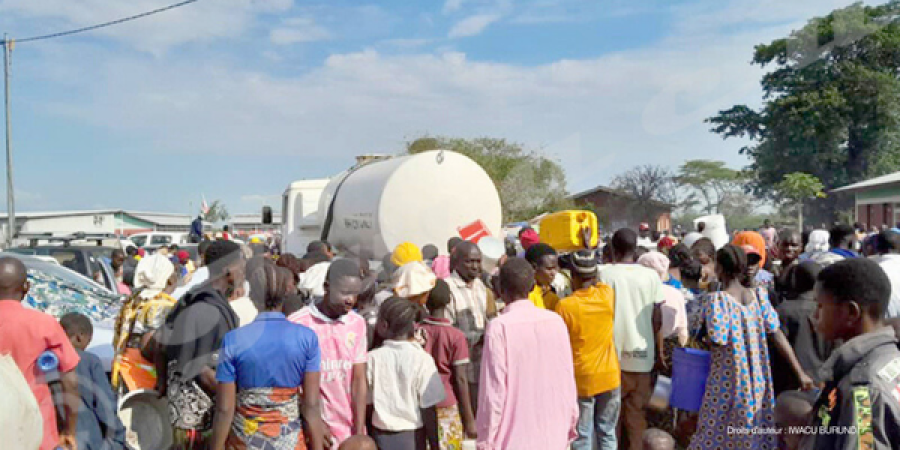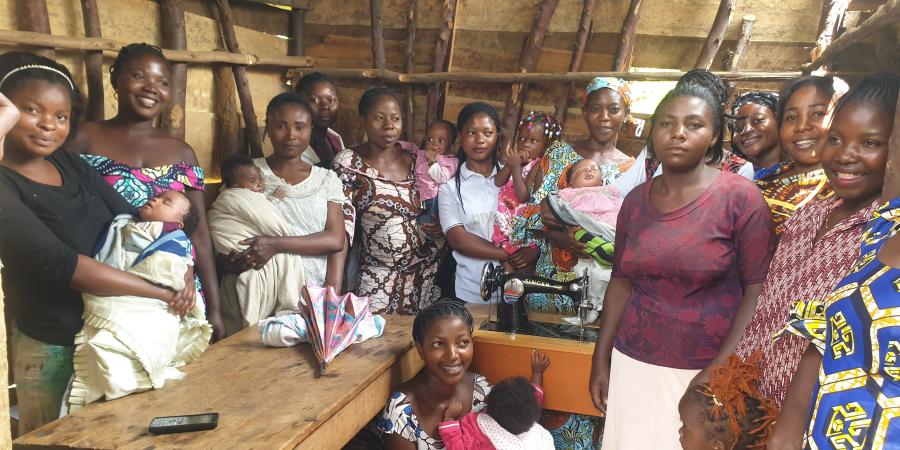Bolivia: so that they can claim their rights
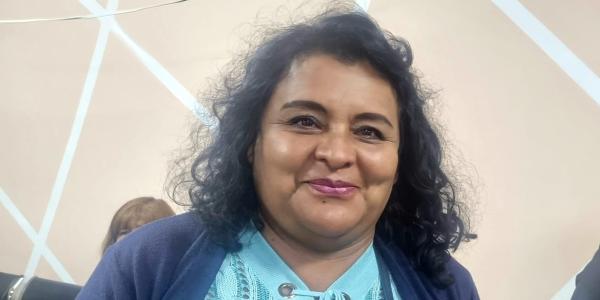
Bolivia: so that they can claim their rights
Maria Eugenia Castañares Gonzales represents the Alliance Libre sans Violence, a movement active in defending the rights of Bolivian women. She answers Devlop''s questions.
LC: Why is it so important to fight for women's rights in Bolivia?
MCG: We live in a patriarchal, macho and misogynist society. Violence against women is widespread in Oruro, due to the predominant social structure in the region. This situation is particularly glaring in the mining areas, where women are often confined to the traditional roles of home, hearth and kitchen, while men enjoy greater freedom in public spaces. That's why I'm committed to ensuring that women are seen as human beings, as part of humanity in their own right and not just as women. We should all enjoy the same rights, not just fundamental rights, but also the right to participate in public spaces. Unfortunately, women are often excluded from these spaces where important decisions are taken. All this leads to situations where women are victims of violence, abandonment and low self-esteem. They find themselves with no means of protecting themselves and unable to make decisions to break the cycle of violence.
LC: What are your means of action?
MCG: When we interact with women, we often see a strong interest in learning about their rights. They seek to understand not only to defend themselves, but also to pass on this knowledge to their families. This goes beyond simply boosting women's self-esteem; it's about instilling a deeper set of values. We place a strong emphasis on education, because I believe that to build a culture based on peace and good treatment, it is essential to cultivate oneself.
LC: You also work in collaboration with local authorities...
MCG: Yes, the authorities have joined forces with the population in certain areas, which has led to positive results and enriching exchanges between different realities. Our aim is to raise awareness among the authorities and encourage them to adopt a different perspective, as many are just concerned about compliance and are not sensitive to our cause.
Sometimes the responses are not satisfactory because of a lack of political will. The economic problems arising from the Covid pandemic have led to increased unemployment, while many people have dependent children and need to support themselves.
Sometimes the response is unsatisfactory because of a lack of political will.
Although sometimes there is only intention without concrete action, it is essential not to give up the fight. As an activist, I have sometimes questioned my role, but the simple fact of seeing the smile of a person in safety fills me with joy. We have to keep fighting all the time because it's important.
LC: What are your wishes for the future?
MCG: My dream is that in Oruro we focus more on the law, not as a complex concept, but as something simple and fundamental. Talking about the law should not be seen as an act of rebellion. That's not what the law is, because the law is simple. It's something we carry within us. In addition, last year we worked to revitalise safer areas for the population. It's a dream to see the emergence of peaceful, safe and caring spaces. Even the authorities and organisations have supported positive initiatives, which has strengthened the commitment to education. I also want to change the mentality conveyed by the media, which have all too often trivialised violence to the point where society has taken it on board. Social networks and technology are powerful tools that facilitate communication, but they can also profoundly alter people's minds and influence their behaviour. Many people recognise the harm caused by this constant exposure to violence and how it can affect their attitudes. When we talk to women and young people, many express their discomfort with the news and its negative impact on their mental health.

